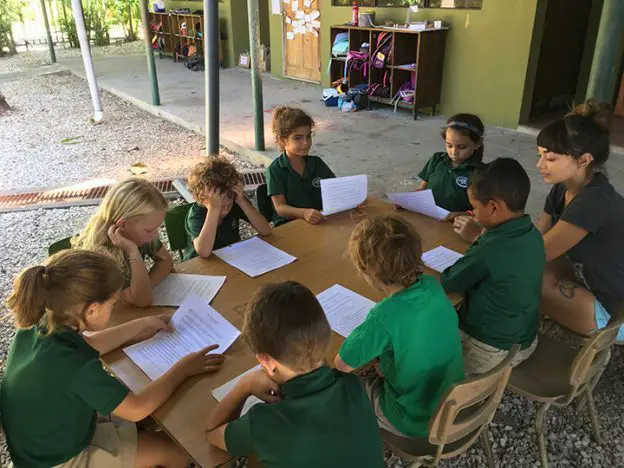In July 2019, with the entry into force of the Law of Strengthening public finances, free courses will be taxed with the Value Added Tax (VAT). According to German Thornton, director of Grant Thornton, it is interpreted that several sectors of education that provide technical services, such as free English courses, soccer or sports schools, as well as cooking, haircutting, or beauty courses, will have to pay VAT.

In general, these courses are not regulated by any public entity, because they do not give a creditable degree but, instead, they teach a technique, an occupation or recreational activity.
Precisely, Article 8 of the VAT Law indicates that private, preschool, primary, secondary, university, para-university,
However, Article 11 of the same Law provides that private education services are subject to the 2% rate. In the first instance, it may be that it is an incorrect wording and that it is appropriate for the private education services to be completely exempt, without any restriction.
However, the VAT regulation (currently in consultation) defines Private Education Services as “the … provided by private educational centers subject to inspection by the Ministry of Public Education, from pre-school to university education, in all modalities of the educational system approved by the Superior Council of Education as provided in Article 8, subsection B) of Law N° 1,362, and Article 81 of the Political Constitution”.
Morales, added, that “it is interpreted then, that exempt private education is regulated, by the entities mentioned and that unregulated education is taxed with the VAT rate of 2%”.
There are other activities in which there is uncertainty, such as the case of free training courses that are taught daily, for example, current national issues, analysis of the economy, tax reform courses, tender preparation course among others. As of July 1st, these training services will have to charge VAT to their clients, as the case may be, 2% as a non-regulated private education service, or with a regular rate of 13%.

